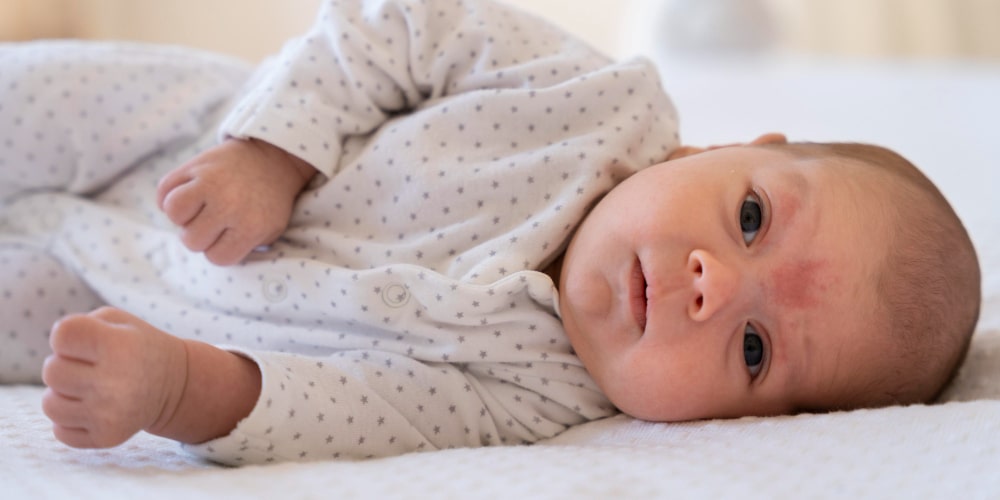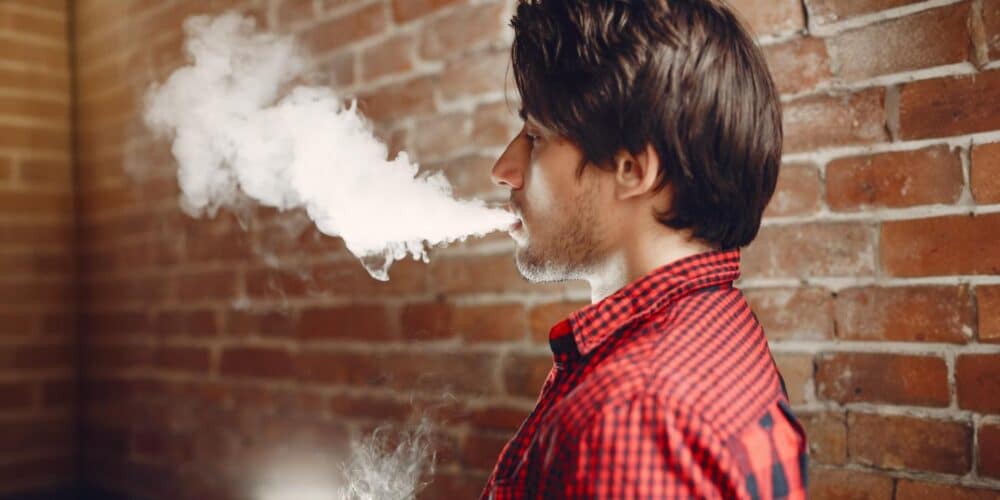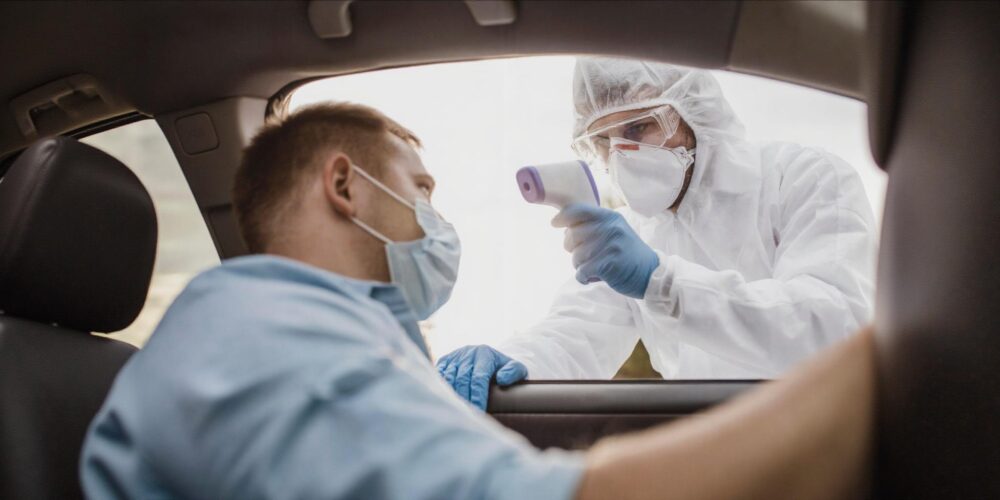Trump diagnosed with chronic venous insufficiency: What it means
Trump’s diagnosis followed mild swelling in his ankle and is not considered serious
Author
Author
- admin / 6 months

- 0
- 3 min read

Author
The White House recently announced that US President Donald Trump, now 79, has been diagnosed with chronic venous insufficiency (CVI), a prevalent vascular condition, following speculation sparked by viral photos showing bruises on his hand.
During a press briefing, White House Press Secretary Karoline Leavitt explained that the diagnosis was made after a routine medical checkup prompted by mild ankle swelling.
Referencing the physician’s letter, Leavitt emphasized that there were no indications of serious conditions such as deep vein thrombosis, arterial disease, heart failure, or kidney issues, and that President Trump was experiencing no discomfort from the CVI.
She clarified that the bruising on his hands resulted from frequent handshaking and his use of aspirin for heart health, unrelated to the venous condition.
What exactly is chronic venous insufficiency?
Chronic venous insufficiency occurs when the veins in the legs fail to efficiently return blood to the heart due to faulty or weakened valves.
In healthy veins, these valves work with muscle contractions to push blood upward against gravity. When they malfunction, blood can flow backward and pool in the lower legs, raising pressure in the veins and causing symptoms like swelling.
Estimates say that approximately 2.5 million people experience CVI in the United States, and of those, around 20% develop venous ulcers. While generally not dangerous, it can lead to discomfort and, in rare cases, complications like skin ulcers if left unaddressed.
Why does it happen?
The condition arises from damage or wear to the vein valves, which can be triggered by several factors.
Aging is a primary cause, as valves naturally lose elasticity over time, making this issue common in people over 70. Excess body weight adds strain to the veins, increasing risk. Long periods of sitting or standing can exacerbate blood pooling in the legs.
Other risk factors include a family history of vein issues, past blood clots, or leg injuries that impair vein function. Lifestyle factors like smoking or lack of physical activity, as well as conditions like high blood pressure in the veins, can also play a role.
What are the signs?
The condition typically manifests in the legs, with symptoms like swelling in the ankles or calves, often more pronounced later in the day. People may feel aching, heaviness, or cramping in their legs, sometimes accompanied by tingling, especially at night.
Visible changes, such as varicose veins or skin discoloration, can appear, with the skin sometimes becoming itchy or leathery. In severe cases, open sores called venous ulcers may form near the ankles, risking infection if untreated.
How can it be managed?
While chronic venous insufficiency is a long-term condition without a cure, it can be effectively controlled to minimize symptoms and prevent worsening.
Some simple treatments include wearing compression stockings to improve blood flow, elevating legs above the heart several times daily to reduce swelling, and staying active with walking to strengthen leg muscles.
Maintaining a healthy weight may also help reduce pressure in the veins.
For chronic symptoms, procedures like sclerotherapy (injecting a solution to close veins) or thermal ablation (using heat to seal veins) are used as options. In rare and severe cases, surgery to remove or close damaged veins might be needed.
Also read: ‘Donald Trump right on US being top WHO contributor, but wrong on China’s contribution’
(Do you have a health-related claim that you would like us to fact-check? Send it to us, and we will fact-check it for you! You can send it on WhatsApp at +91-9311223141, mail us at hello@firstcheck.in, or click here to submit it online)










